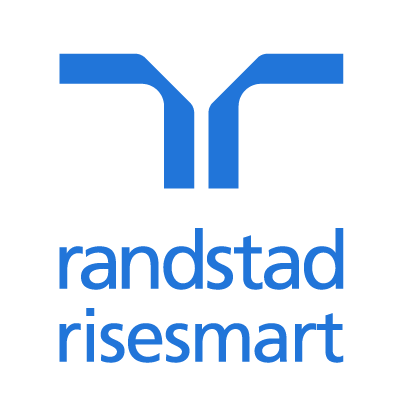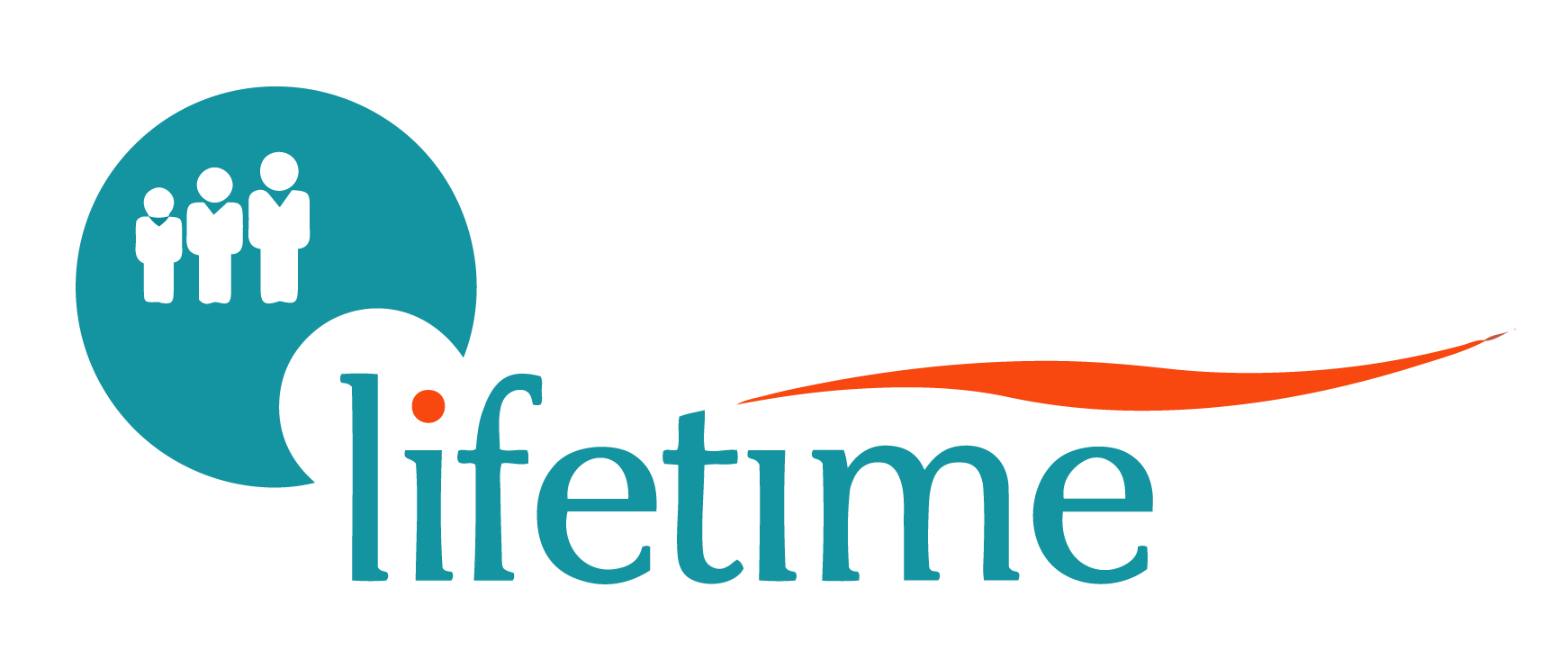Diversity really does deliver. Not only do you gain a wider range of experiences and perspectives, and a richer more inclusive culture, but the bottom line benefits, too. The financial returns of diverse and inclusive workplaces are 35% higher than less diverse competitors.* No surprise that it’s high on many business agendas.
Our own survey, in partnership with HR magazine, Employee Development Trends in 2023 supports this. When it comes to equal opportunities for workplace development, 90% said genders were treated equally, 89% said ethnic backgrounds faced no discrimination in this area, and 82% said all age groups were treated the same.
But when you ask if employees have witnessed acts of discrimination due to age, gender or ethnic background, the results are far, far less positive. At least 16% of respondents have witnessed someone failing to be hired due to their race.
Add to this figure 17% who have witnessed someone not being employed due to their gender and 21% witnessing discrimination due to the candidate being aged over 50, and the disconnect between the talk of diversity and the reality becomes a wide and worrying chasm.
These figures relate to acts of discrimination seen in the recruitment process, of course. But if this is seen in one area then it's highly likely that similar acts of either intentional or unintentional discrimination will be seen in others, such as equal access to promotion or development opportunities.
How to ensure fair development opportunities for all
If we’re being generous, then we could note that at least some of this bias could be unintentional. We have to recognise that we all have ‘blind spots’ – and that sometimes, despite the best intentions, these impact the fairness of the outcome even if completely unconsciously or unpremeditatedly.
It’s essential then that companies focus their attention on the players that carry a lot of the power and the decision making when it comes to people development: the managers. Companies need to upskill their managers to ensure that they understand the different types of unconscious bias that exist, and the way that they can inadvertently impact on decisions concerning people’s development opportunities. Only when managers fully understand their own ‘blind spots’ can they take appropriate action to rectify them.
To use an example from another HR process, we need to apply the same logic, criteria and principles that we employ when designing a recruitment process, and make sure we provide opportunities for everyone in the organisation when it comes to development.
Look at the data
As part of that conversation we also need to take a long hard look at company data – and if you don’t have this or have access to it, then you need to move very quickly to address this. For instance, by looking at the data you will have a true representation of your own reality.
If most of the people who completed a training course relevant to their skills and experience, or most of the people that got an opportunity to do a job placement, were all from the same demographic group, then you start to pick up on trends that highlight that your process may not be as inclusive as you wish it to be.
But unless you have that data, you can’t even begin to have the important conversations with senior leaders to make the important changes needed.
Help with both of these issues is at hand, you can either to hire an external third party company to help you on this journey, or create your own internal team with the right specialist skills in this field so that you can make sure you embed an inclusive perspective into every initiative you design in your organisation. Both can help you understand what changes you need to do to ensure your development programmes work for all employees.
A key to success is remembering that this is not just an ‘initiative’ from one department. It’s not about creating a single issue campaign which you can forget about once it’s run its course.
Instead this is all about embedding these ideas deep into the business, linking together everything you do, from your goals and decision making to your hiring policy and overall culture: in short, it has to be the core of your business and culture.
Diverse and inclusive businesses deliver for everyone. Not only do they better reflect the world we live in, but by their very nature they open up new perspectives. Unlocking those diverse experiences and building truly inclusive opportunities for every employee to grow takes time, effort and honesty about your own, perhaps hidden, agendas. But the results, if you take those steps, are truly transformative.
Daniel Gualdino is senior people scientist EMEA
The find out more about the services Culture Amp can provide to help your company have the conversations which lead to better employee development opportunities which work for everyone in your business click here. To access the HR Magazine/Culture Amp infographic click here.
















